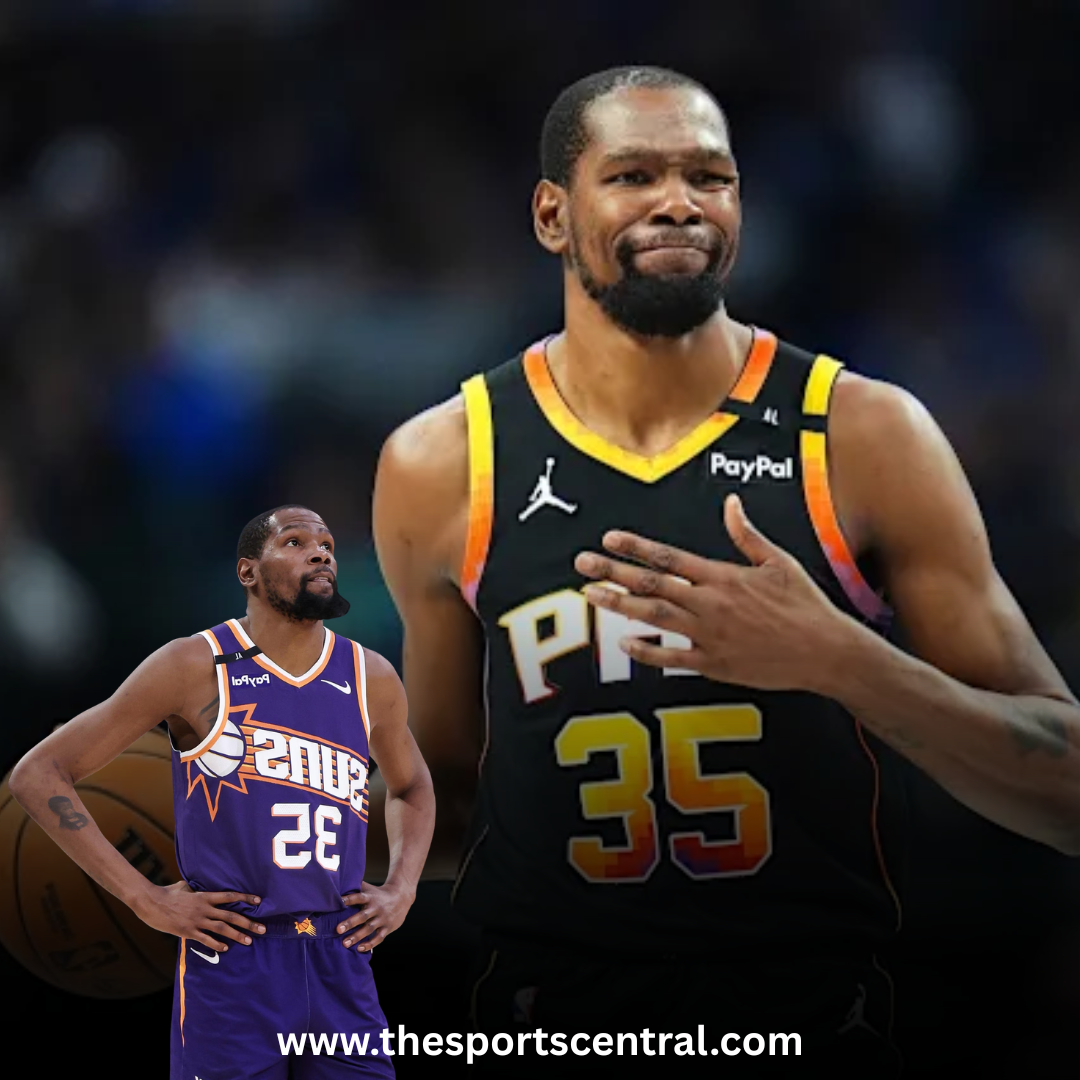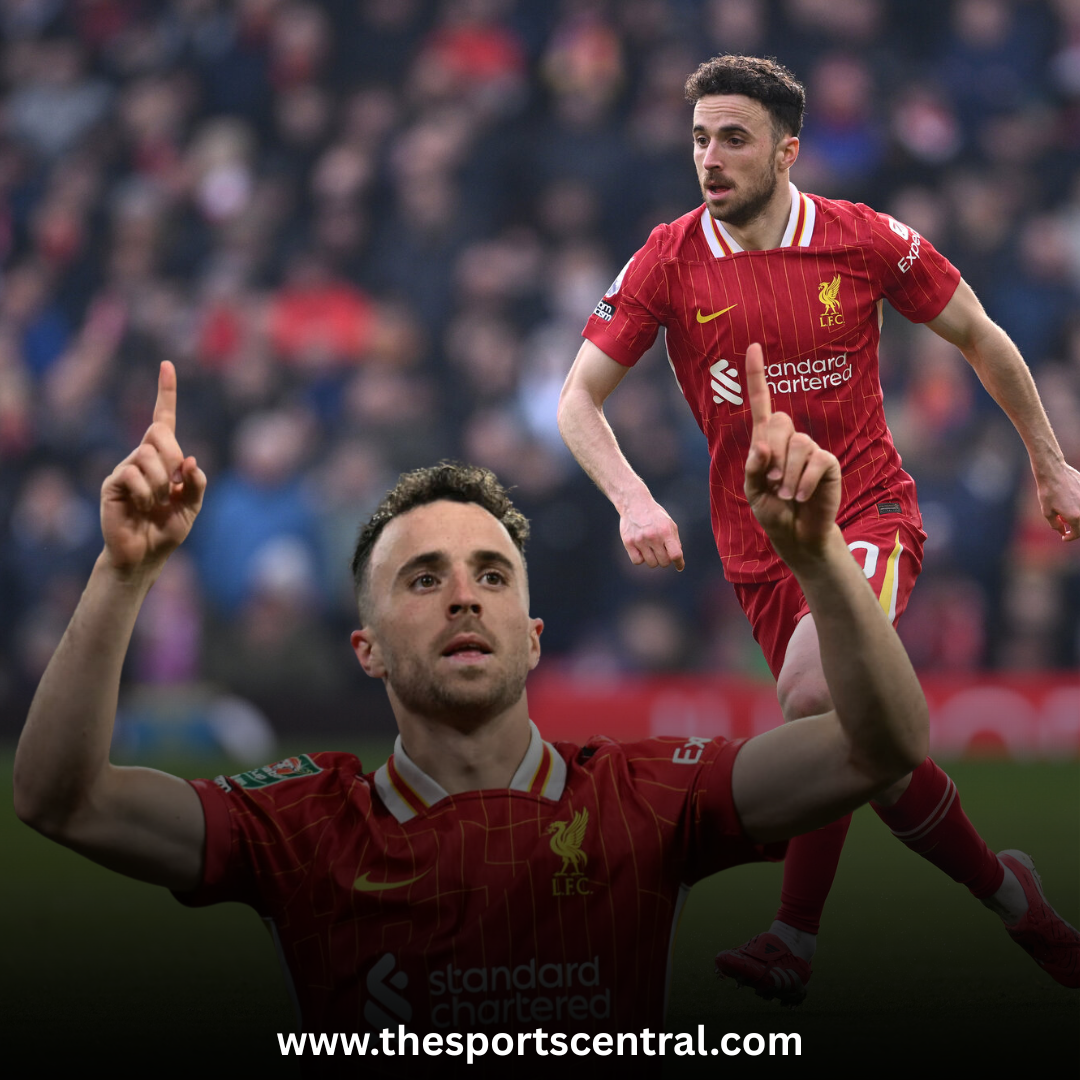The world of motorsport has lost one of its most charismatic and influential figures. Eddie Jordan, the larger-than-life Irish entrepreneur who launched Michael Schumacher’s Formula One career and brought a unique rock-and-roll spirit to the paddock, passed away at the age of 76 after a courageous battle with cancer. His family confirmed the news on Thursday, revealing that he died peacefully at his home in Cape Town, South Africa.
Jordan’s journey in racing spanned decades, and his legacy resonates deeply across the motorsport community. His Jordan Grand Prix team, based in Silverstone, debuted in 1991 and quickly earned respect for challenging the sport’s elite with bold decisions, daring designs, and relentless ambition. The team eventually evolved into the current Aston Martin F1 team, but the spirit of Eddie Jordan still lingers in every paddock corner.
In a statement, his family said, “EJ brought an abundance of charisma, energy, and Irish charm everywhere he went. We all have a huge hole missing without his presence.”
From Racer to Team Boss: Eddie Jordan’s Rise
Born on March 30, 1948, in Dublin, Ireland, Eddie Jordan started his motorsport career not behind the pit wall but behind the wheel. He raced in various junior series across Europe before realizing that his real talents lay off the track. He turned to driver management and then team ownership, building his reputation with each step.
In 1991, Jordan took a leap into the elite world of Formula One. With limited funds but endless enthusiasm, he founded Jordan Grand Prix, and the team debuted at the United States Grand Prix that year. From the beginning, Jordan’s team stood apart. Known for vibrant yellow liveries, eye-catching sponsor deals, and a rebellious image, the team embraced a style that both amused and inspired fans and insiders alike.
Despite its underdog status, the team never backed down from a challenge. Jordan created a platform for drivers, engineers, and designers to shine—and many did.
Discovering Michael Schumacher: A Moment That Changed F1
Jordan’s most famous contribution to Formula One came in August 1991, at the Belgian Grand Prix in Spa-Francorchamps. Facing an unexpected vacancy after Bertrand Gachot landed in jail for assaulting a London taxi driver, Jordan took a gamble. He brought in a 22-year-old Michael Schumacher, then racing in the World Sportscar Championship with Mercedes.
With backing from Mercedes and a savvy negotiation by Schumacher’s manager Willi Weber, Jordan placed the German in his car for Spa. The young driver impressed everyone in his debut, qualifying seventh and demonstrating immense talent and composure.
Although Schumacher moved to Benetton almost immediately, where he went on to win world championships in 1994 and 1995, the motorsport world still credits Jordan for recognizing and launching his F1 career. That weekend at Spa marked a turning point in Formula One history, and Jordan stood proudly at its center.
Jordan continued to nurture future stars. Ralf Schumacher, Michael’s younger brother, drove for Jordan in 1997 and 1998, delivering strong performances and maintaining the team’s reputation as a talent incubator. Jordan also gave opportunities to drivers like Rubens Barrichello, Heinz-Harald Frentzen, and Giancarlo Fisichella, all of whom achieved great success.
The Team’s Golden Years and Memorable Victories
Jordan Grand Prix didn’t just entertain the crowds—it won races. The team earned its first victory at the 1998 Belgian Grand Prix, with Damon Hill driving the No. 9 car. Hill, the 1996 world champion with Williams, joined Jordan during the later stages of his career and found a second wind with the Irish squad.
In 1999, Jordan’s team achieved its best-ever season, finishing third in the Constructors’ Championship, behind only Ferrari and McLaren. That year, Frentzen won two races and even entered the championship battle briefly. The yellow cars roared through circuits with confidence and flair, capturing the hearts of fans worldwide.
Although the team struggled in later years due to financial pressures and changing F1 dynamics, its impact remained significant. Jordan finally sold the team in 2005, and it underwent several rebrandings before becoming Aston Martin in 2021 under billionaire Lawrence Stroll.
From the Pit Lane to the TV Studio
After leaving the world of team ownership, Eddie Jordan didn’t fade away. Instead, he embraced a new role—as a television pundit and analyst. He joined the BBC’s Formula One coverage, where his colorful shirts, bold predictions, and insider knowledge made him an instant fan favorite.
Jordan’s natural charisma, combined with decades of F1 experience, gave him a unique voice. He brought flair to every broadcast, offering deep insights while keeping the tone light and entertaining. His chemistry with co-hosts like David Coulthard and Jake Humphrey became a staple of race weekends for British viewers.
Even off-air, Jordan remained active in the world of motorsport. He managed Adrian Newey, Formula One’s most legendary car designer, and served as a patron of the London Irish rugby club, showcasing his enduring passion for sports and leadership.
F1 World Mourns a Legend
Following the news of his passing, the motorsport world united in mourning. Tributes poured in from drivers, team owners, and fans alike.
Formula One CEO Stefano Domenicali, formerly the team boss at Ferrari, said, “With his inexhaustible energy, he always knew how to make people smile, remaining genuine and brilliant at all times. Eddie has been a protagonist of an era of F1 and he will be deeply missed.”
Lawrence Stroll, owner of the current Aston Martin team, described Jordan as a “true racer, a great leader, and one of the biggest characters in our sport.” He added, “I have known Eddie for more than 30 years. He was a friend, and I will miss him greatly.”
Ireland’s Prime Minister Micheál Martin also paid tribute, calling Jordan a man who “lived life to the full, facing his final days with the same courage and tenacity displayed throughout many years as an entrepreneur, F1 pioneer, and TV pundit.”
A Fighter Until the End
In December 2024, Jordan opened up publicly about his battle with aggressive bladder and prostate cancer, which had spread to his spine and pelvis. He described “very dark days” and spoke candidly about his fight with the illness. Despite the physical toll, he remained active and involved in the sport he loved.
Jordan never lost his spirit. He continued to inspire others, facing his final days with the same passion and honesty that defined his life. Even while battling cancer, he found the strength to work, connect with people, and uplift others.
Conclusion: A Life That Roared Like a V10 Engine
Eddie Jordan lived life in the fast lane, not just as a phrase but as a personal philosophy. He took risks, built legacies, found stars, and never shied away from being bold, different, and unforgettable. From launching Michael Schumacher’s career to igniting Formula One with his team’s daring energy, Jordan shaped the sport in ways few others could.
His departure leaves a void, but his legacy remains immortal in the history of motorsport. As the engines roar on in 2025, the F1 paddock will carry his memory forward—with every underdog fighting for a win and every character daring to be themselves.
Eddie Jordan was more than a team owner. He was the heartbeat of an era.










